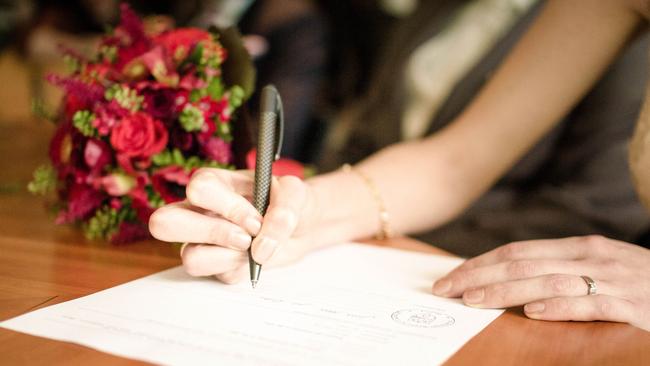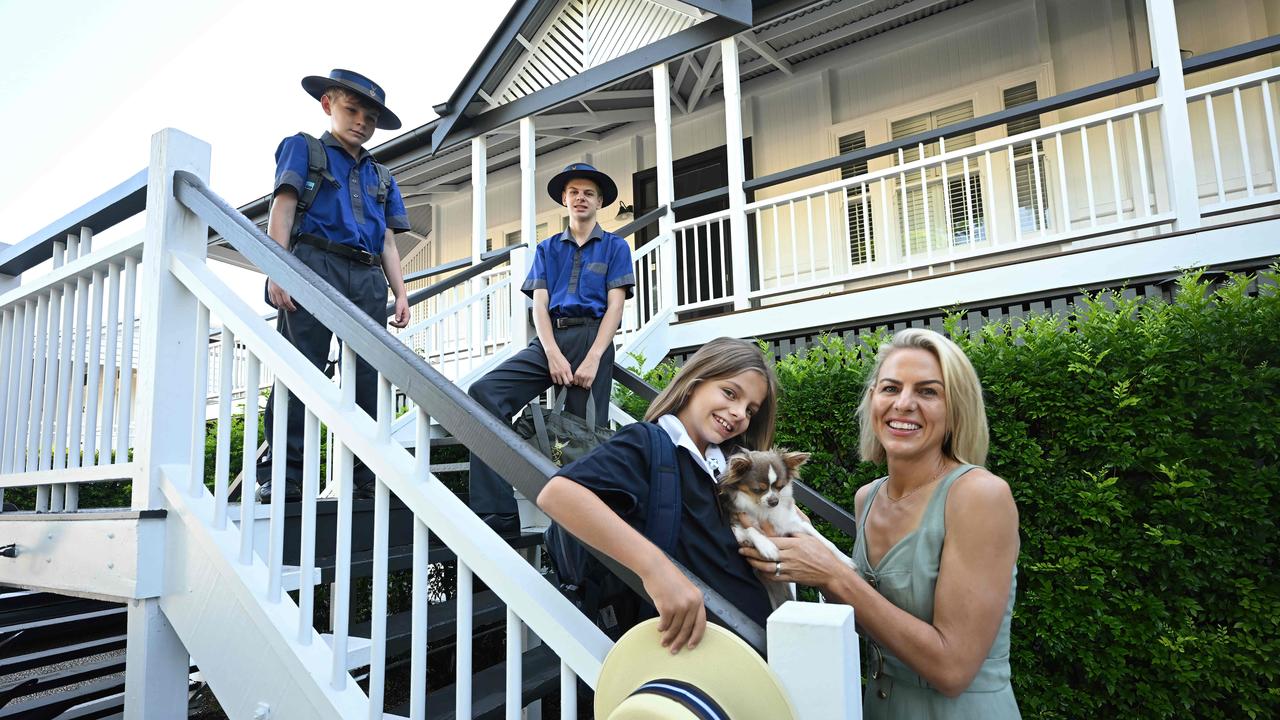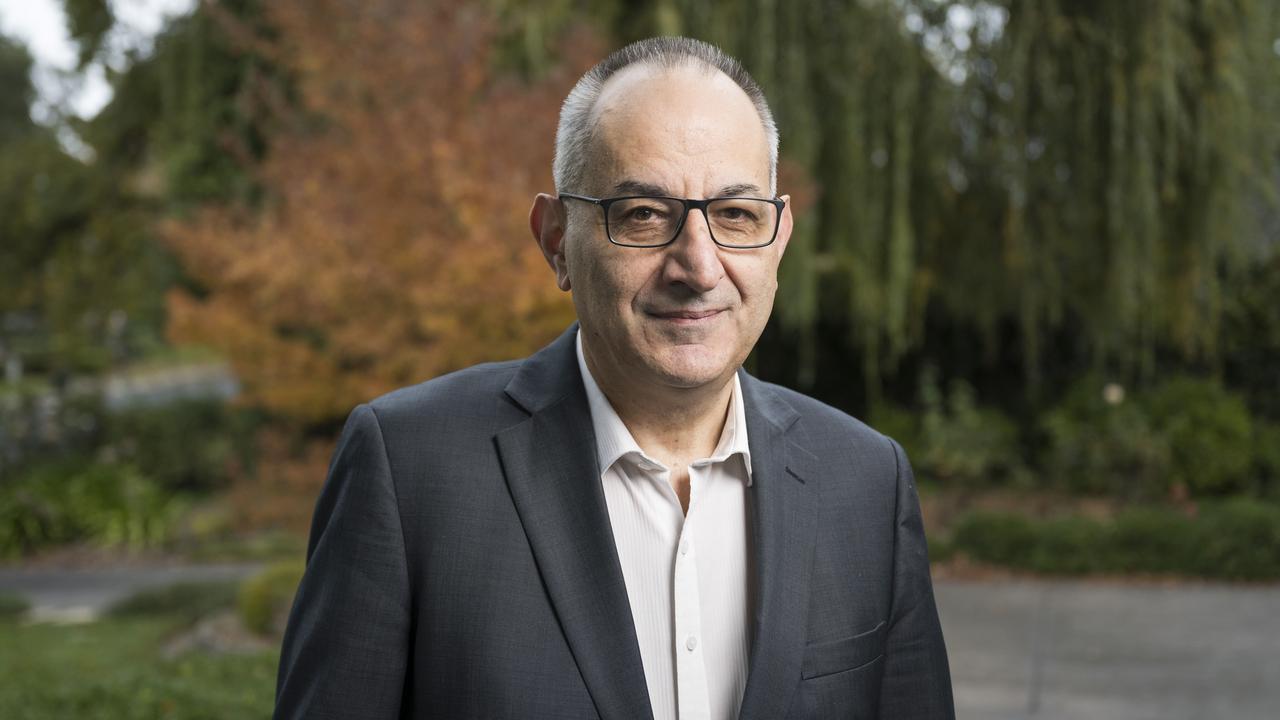‘Distressing’: Trans woman barred from changing gender on marriage certificate
Her request was knocked back after she cited concerns for her ‘physical and psychological well being’ if the certificate were to remain uncorrected.

A trans woman has been barred from changing her gender on her marriage certificate, in a decision that has been labelled “distressing” by the NSW Chief Justice.
FJG, as she is known to the court, has been involved in lengthy legal proceedings with the Registrar of Births, Deaths and Marriages in NSW since early 2021, when she took umbrage at a decision to reject her application to change the gender on the certificate from male to female.
She cited concerns for her “physical and psychological well being” if the certificate were to remain uncorrected, and said it could cause her “significant inconvenience and distress” if, say, during a medical emergency, she was unable to provide a certificate revealing her “identity”.
FJG successfully appealed the decision with the NSW Civil and Administrative Tribunal (NCAT) in April 2021, but the Registrar fought back, and the case was taken to the Court of Appeal.
Earlier this month, Chief Justice Andrew Bell ruled the matter “complex” but ultimately said the marriage certificate could not be altered, as same-sex marriage was not legal in 2009 when the union took place.
He said that, while the decision may cause “distress” to the couple, “appellate courts generally do not and should never start with a result they consider to be desirable and work backwards from that particular, desired outcome.”
“The process of statutory interpretation may sometimes result in an outcome that appears anomalous or even harsh to particular persons,” he said.
FJG told her partner that she was “living with trans experience” in 2007, two years prior to their marriage.
While same-sex marriage was not legal at the time, the couple “sought to legitimise it in the only manner open to them”, which was to wed as a man and woman, Justice Bell said.
“At the time of the marriage … in September 2009, and although FJG self‑identified as female, FJG satisfied the legal concept of “male” as used in the Marriage Act – although (the couple) do not accept the legitimacy of that concept,” he said.
Shortly after the plebiscite passed in December 2017, FJG changed her name, and a couple of years after that, she received a new birth certificate reflecting her gender.
When FJG first applied to the Registrar to “correct” the register concerning her marriage in January 2021, she asked that instead of referring to her “dead” name and herself as husband, the register would refer to her new name and describe her as wife.
However, as per Chief Justice Bell’s judgment, the certificate will remain unchanged.
“This outcome is the result of the interaction of three statutes of three different legislatures that have adopted different approaches over time including different conceptions of sex or gender,” he said.
“However, that is simply an explanation and not a justification for the distress that this outcome will occasion to FJG and (her wife).”
In order to have the decision overturned, FJG would have to take the matter to the High Court.



